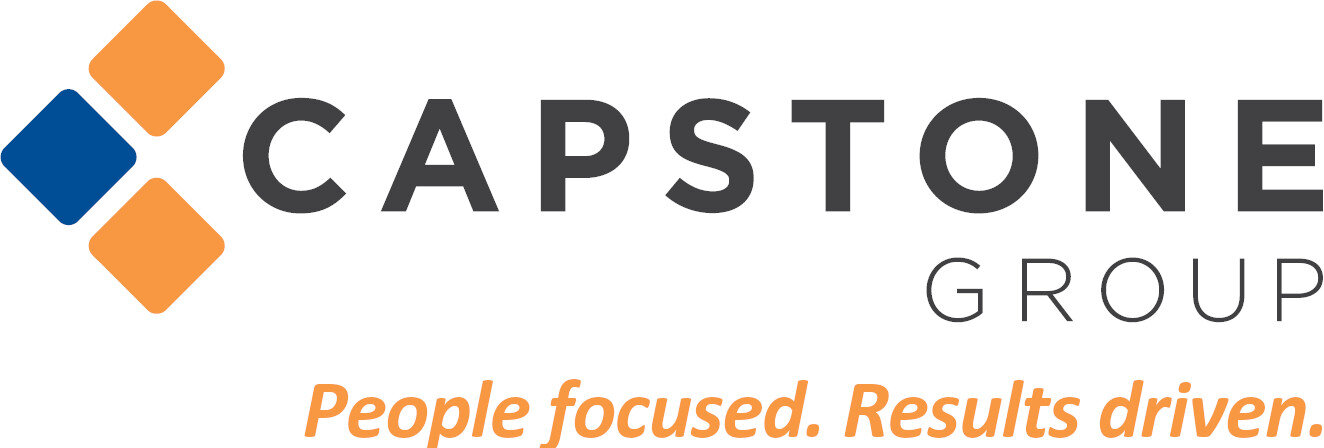In the wake of the collapse of Silicon Valley Bank, the Federal Deposit Insurance Corporation (FDIC) has been brought to the spotlight. The FDIC provides certain levels of insurance for depositors in case their bank fails, becomes insolvent, or goes out of business.
Over the last few days, our Capstone Team has fielded questions regarding similar scenarios in which insurance companies fail or become insolvent, and protections or backstops that might be available to insureds in those situations. Those questions lead to an important distinction between: Admitted vs. Non-Admitted insurance carriers.
Admitted Insurance Carriers
Admitted insurance carriers are insurance companies that are licensed by the state government to sell insurance within the state. They are required to comply with state regulations and file their rates with the state's insurance department. Admitted carriers must also participate in state insurance guaranty funds, which provide coverage and steps in the pay claims in the event the insurance company becomes insolvent; similar to the FDIC insurance we’ve been hearing about recently.
Advantages of Admitted Insurance Carriers:
Regulated by the state: Admitted carriers must comply with state regulations, ensuring that they follow fair and consistent underwriting practices.
Participation in insurance guaranty funds: Admitted carriers participate in state insurance guaranty funds, which provide protection to policyholders in the event the carrier becomes insolvent.
Higher level of consumer protection: Admitted carriers must comply with state regulations, providing an additional layer of protection to policyholders.
Disadvantages of Admitted Insurance Carriers:
Limited flexibility: Admitted carriers must comply with state regulations, which can limit their ability to tailor policies to meet specific needs.
Limited availability: Admitted carriers are only licensed to operate within specific states, which can limit policy options for businesses with multi-state operations.
Non-Admitted Insurance Carriers
Non-admitted insurance carriers are insurance companies that are not licensed by the state government to sell insurance within the state. They do not have to comply with state regulations and do not participate in state insurance guaranty funds.
Advantages of Non-Admitted Insurance Carriers:
Greater flexibility: Non-admitted carriers are not subject to state regulations, allowing them to offer more flexible policies to meet specific needs.
Broader coverage options: Non-admitted carriers are not limited to state-specific regulations, allowing them to offer coverage in multiple states.
Disadvantages of Non-Admitted Insurance Carriers:
Lower level of consumer protection: Non-admitted carriers are not subject to state regulations, providing less protection to policyholders.
Higher risk: Non-admitted carriers are not required to participate in state insurance guaranty funds, increasing the risk of financial loss in the event the carrier becomes insolvent.
More expensive: Non-admitted carriers may charge higher premiums due to their increased risk exposure and lack of state oversight.
Which Option is Right for You?
Most businesses carry several different types of commercial insurance policies. Some policies may be through an admitted carrier, others may be placed through non-admitted carriers it’s not a “all or none” situation. Deciding between an admitted or non-admitted insurance carrier will depend on a variety of factors, including the types of coverage needed, the specific needs of the business & industry in which you operate, and the organizations’ level of risk tolerance. For businesses that require coverage in multiple states or have unique or higher-hazard operations, a non-admitted carrier may offer greater flexibility. However, for businesses that prioritize consumer protection and the assurances of the state guarantee fund, an admitted carrier may be the better option.
In conclusion, admitted and non-admitted insurance carriers offer distinct advantages and disadvantages. The correct direction differs on a case-by-case, and even a policy-by-policy basis. It's essential to work closely with your trusted insurance & risk management advisor to carefully evaluate the specific needs of the business and level of risk tolerance, and understand the options available to you, before selecting an insurance carrier for all lines of coverage.




